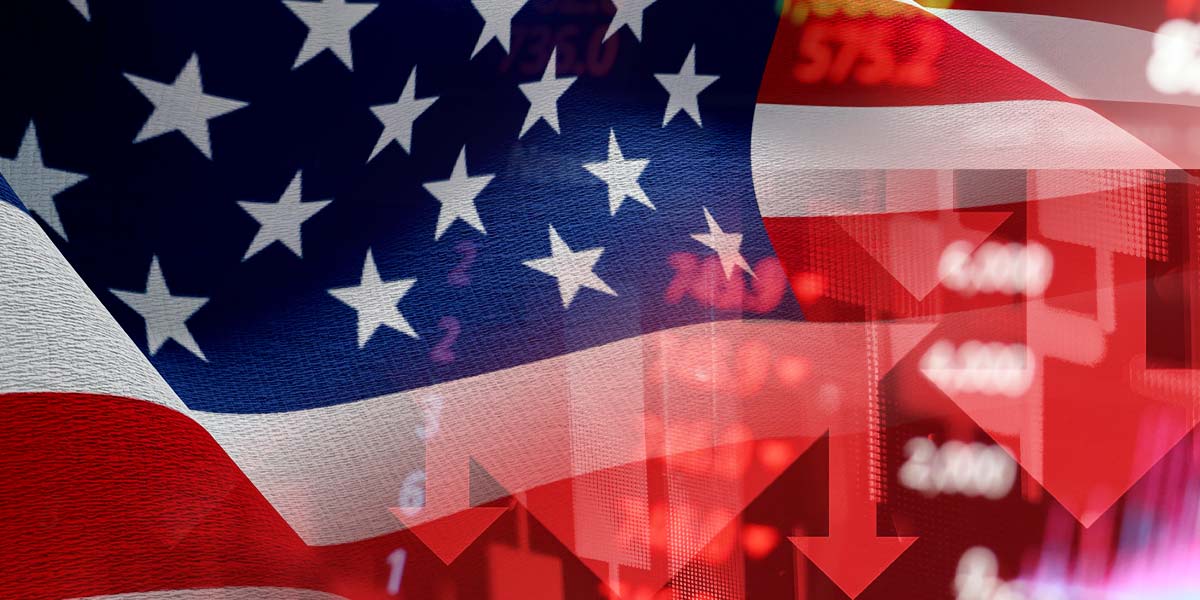
Shutdown Mindset Further Divides America
By Monday, Trump's government shutdown will become the third longest government shutdown in US history. By the end of the week, it will be the longest. With both sides flexing their best poker face, a winning hand for either means loss for peaceful American unity.
The New York Times highlights a stark mentality of the current US government shutdown:
“Do the Dems realize that most of the people not getting paid are Democrats?”
President Trump’s words conjure an essential ideal of his core Republican base, an American population that sternly believes in self-reliance, and distrusts a big federal government. Trump’s tweet reiterates the us versus them mentality that rallied his supporters into voting for him into presidency. And, of course, an actual wall will make the idea of “us” much more concrete, and solid steel.
The shutdown has been criticized as an attempt to rally support from Trump’s more extreme base, the people who actually wants “The Wall”. In an interview with CBS This Morning, Jerrold Nadler, the new House Judiciary Committee chairman, said:
“…whenever he (Trump) feels beleaguered, he returns to his base. So, what this shutdown is, really, is an extremist policy designed to appeal to an extremist base, and hold the whole country hostage.”
The House Judiciary Committee has authority in overseeing the administration of justice within the federal courts, administrative agencies and Federal law enforcement entities, and also the impeachments of federal official. Having the chairman of such a significant arm of the government criticizing Trump’s shutdown policy as holding the country hostage, really reinforces the idea that the US president is beleaguered.
Washington Post analyst comments that the border wall and subsequent government shutdown is an issue that president Trump believes to be the defining moment of his presidency. Senator Lindsey Graham has also stated that if Trump gives in on the border wall issue, “that’s probably the end of his presidency”.
It is evident that the US president is in between a rock and a hard place with his most formidable oppositions pressing against him in the front, and his fundamental support pushing him forward. As it is turning out, the wall policy that got Trump the presidency is pushing his presidency towards a stiff wall that could virtually end it. Why is building, or not building the wall so important? The wall will define America’s identity.
The budget of approximately $5.6 billion US for the wall is miniscule compared to the $639.1 billion spent in 2018 on defense. But, try mentally comparing spending thousands of dollars on buying guns with spending fifty bucks on getting a facial tattoo saying “America First”, which will be a bigger issue? That’s what the wall is interpreted as by people who are adamantly against building it. For those who are for it, it’s just like, well, building a wall around what they perceive to be their property.
China built a wall, Berlin had a wall, Catholics and Protestants in Belfast had walls built to separate them, even the Romans built their Hadrian’s wall, and most of the city states in history had a wall. Of course, perhaps how the sentence about walls being in the past tense is exactly what’s wrong with building the wall, it is a regression to a concept that humanity should have crossed over by now. Walls have always been associated with war and conflict. A societal decision to build a border wall is symbolic worship which feeds the perpetuation of belligerent vigilance by manifestation of the idea of an “us and them”. But, so does having a well prepared military.
Xi Jinping, on the occasion of the 40th anniversary of the attempt to improve the relationship between China and Taiwan, urged the people of Taiwan to accept that Taiwan “must and will be” reunited with China. Should Taiwan build a wall? How about a wall between Thailand and Malaysia? Would that help make the three Southern provinces more peaceful?
America’s setup of the current world order where it is the medium of exchange between national currencies, and world leader of war making, makes its precedence a major issue. Many Americans believe that America has the duty and right to lead the world. Donald Trump’s stoking of “make America great again”, perhaps work both ways, for and against what he stands for. However, and whenever the shutdown ends, it will most definitely make Americans more divided.


